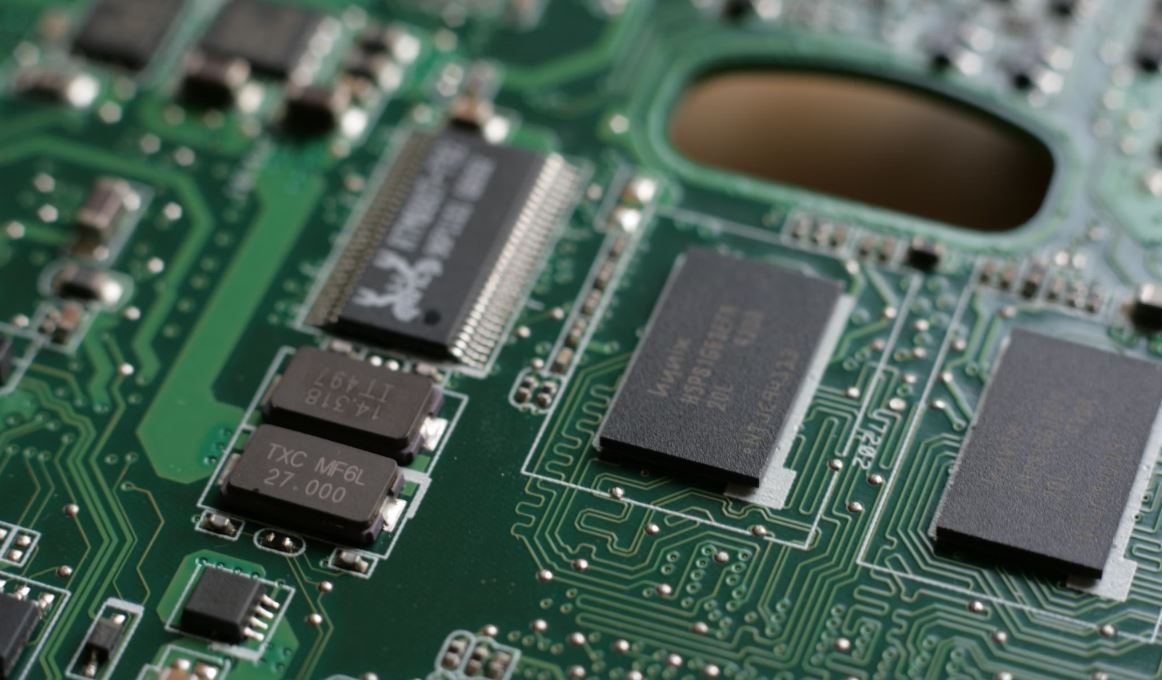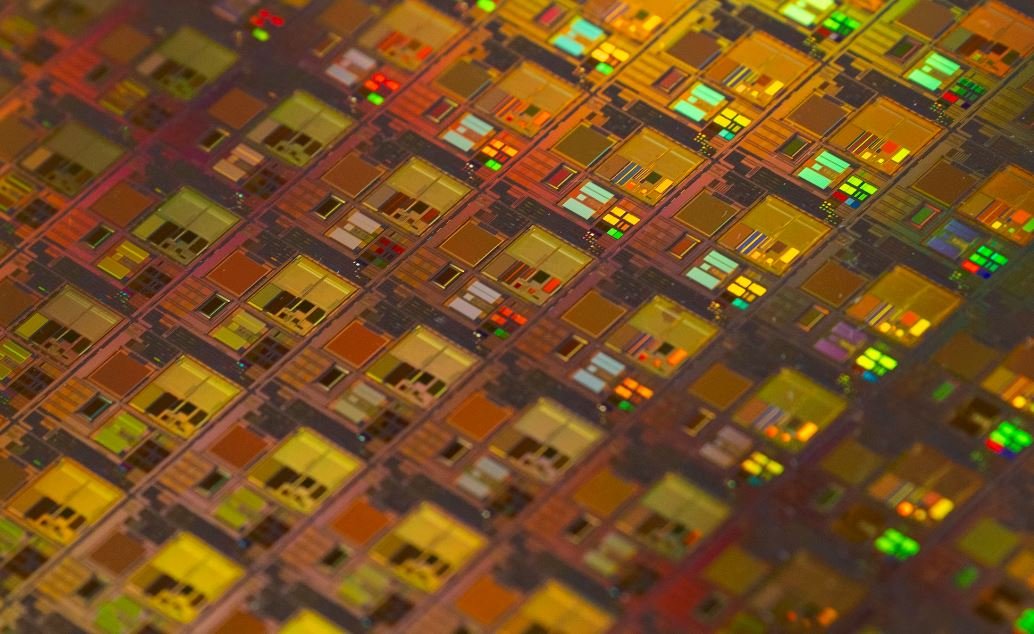AI for Kids
Artificial Intelligence (AI) is a rapidly advancing technology that is becoming increasingly prevalent in our daily lives. While many may associate AI with complex systems and robots, it is also being adapted for educational purposes, with AI for kids becoming a popular topic of discussion. This article will explore the benefits, challenges, and potential applications of AI in education for children.
Key Takeaways:
- AI for kids offers personalized learning experiences.
- It promotes critical thinking and problem-solving skills.
- Privacy and ethical considerations are important when using AI with children.
- AI can enhance creativity and engagement in the learning process.
- AI has potential applications in subjects such as language learning and mathematics.
The Benefits of AI for Kids
AI technology can provide children with personalized learning experiences tailored to their unique needs, abilities, and interests. By analyzing vast amounts of data, AI algorithms can adapt and adjust educational materials to match the child’s current level of knowledge and skills. This individualized approach helps children stay engaged and motivated, fostering a more effective learning environment.
Imagine a virtual tutor that understands a child’s strengths and weaknesses, providing targeted learning activities to help them improve in specific areas.
Challenges and Considerations
While AI in education holds immense potential, there are also challenges and ethical considerations to be addressed. Privacy is a significant concern when using AI systems with children, as they often involve collecting and analyzing sensitive data. Safeguarding this information and ensuring compliance with privacy regulations is essential to protect children’s personal information.
A responsible deployment of AI in education requires careful consideration of privacy policies and clear consent from parents or guardians.
Potential Applications of AI in Education
AI can be applied to various areas of education for children. Language learning, for example, can benefit from AI-powered virtual language tutors that provide interactive and personalized language lessons. AI can also assist in mathematics education by offering real-time feedback, solving complex problems, and adapting the difficulty level of exercises to match the child’s proficiency.
- Table 1: Potential Applications of AI in Education
| Subject | Potential AI Application |
|---|---|
| Language Learning | Virtual language tutors |
| Mathematics | Real-time feedback and adaptive exercises |
| Science | Interactive simulations and virtual experiments |
Enhancing Creativity and Engagement
AI technologies can foster creativity and enhance engagement in the learning process. Chatbots and virtual assistants provide interactive and conversational learning experiences, encouraging children to ask questions and explore new ideas. Additionally, AI-powered tools can generate personalized content, such as stories or artwork, tailored to a child’s interests and preferences.
Imagine a creative writing AI assistant that helps children brainstorm ideas and provides suggestions to improve their stories.
The Future of AI in Education
The integration of AI in education for children is still in its early stages, but the potential impact is significant. As technology continues to advance, AI has the potential to revolutionize how children learn, ensuring personalized and engaging educational experiences. However, it is crucial to remember that AI should complement rather than replace human teachers, as the human element is fundamental in the learning process.
- Table 2: Future Prospects of AI in Education
| Potential Advancements | Implications |
|---|---|
| Intelligent tutoring systems | Increased individualized instruction |
| Virtual reality integration | Immersive and interactive learning environments |
| Emotion recognition technology | Better understanding of students’ emotional states |
In summary
AI for kids offers personalized learning experiences, promoting critical thinking, problem-solving, and creativity. However, privacy and ethical considerations should be addressed when implementing AI in education. The potential applications of AI in subjects like language learning and mathematics are promising, enhancing engagement and improving learning outcomes. The future of AI in education looks promising, with advancements such as intelligent tutoring systems and virtual reality integration on the horizon.

Common Misconceptions
AI for Kids
Artificial Intelligence (AI) is an emerging field that has gained significant attention in recent years. While AI technologies present exciting opportunities for various industries, there are several common misconceptions people have around the topic of AI for kids.
- AI for kids is only about robots and machines.
- AI for kids cannot be educational.
- AI for kids can replace human teachers.
One common misconception is that AI for kids is only about robots and machines. However, AI encompasses much more than physical entities. AI technologies for kids can include software applications and digital platforms that utilize machine learning algorithms to provide personalized learning experiences.
- AI can facilitate interactive and personalized learning experiences.
- AI can help in identifying and addressing each child’s specific learning needs.
- AI can enhance critical thinking and problem-solving skills.
Another misconception is that AI for kids cannot be educational. On the contrary, AI technologies can be effective educational tools that engage children in immersive learning experiences. With AI-enabled platforms, kids can receive tailored instructions, practice subjects at their own pace, and receive immediate feedback, all of which are conducive to effective learning.
- AI technologies can adapt to a child’s individual learning style.
- AI can provide real-time feedback and guidance to children.
- AI tools can foster a love for learning in kids.
Some people believe that AI for kids can replace human teachers. However, AI technologies are designed to complement and support teachers, not replace them. Human teachers play a crucial role in creating a nurturing and supportive learning environment, providing emotional support, and guiding students in their educational journey.
- AI can free up teachers’ time, allowing them to focus on individualized instruction.
- Teachers can use AI technologies to personalize curriculums and differentiate instruction.
- AI can support teachers in data analysis and assessment tasks.
In conclusion, it is important to dispel some common misconceptions surrounding AI for kids. AI technologies expand beyond physical robots and machines and can provide valuable educational experiences. They are not meant to replace human teachers, rather, they complement their teaching practices. By understanding the true potential of AI for kids, we can leverage these technologies to enhance learning opportunities and promote educational growth.

Introduction:
Artificial Intelligence (AI) is an emerging field that is transforming various aspects of our lives. From healthcare to transportation, AI has the potential to revolutionize how we live, work, and play. In recent years, there has been a growing interest in developing AI tools specifically for kids. These AI technologies aim to provide interactive and educational experiences for children, helping them learn and grow in a fun and engaging way. In this article, we explore 10 fascinating aspects of AI for kids.
1. Age Group Interaction:
AI for kids is designed to cater to different age groups, ensuring a personalized and age-appropriate learning experience. Younger children can engage with AI toys and games that enhance their cognitive skills, while older kids can explore AI-powered educational platforms that provide in-depth learning opportunities.
2. Language Learning:
AI-enabled language learning tools assist kids in developing their language skills. By engaging in interactive conversations with AI chatbots, children can practice pronunciation, vocabulary, and grammar in a conversational setting.
3. STEM Education:
AI tools can ignite interest in Science, Technology, Engineering, and Mathematics (STEM) fields at an early age. With interactive AI-driven experiments and coding platforms, kids can explore the world of robotics and coding, fostering critical thinking and problem-solving skills.
4. Emotional Support:
AI-based virtual characters can provide emotional support to children. These characters have the ability to sense and respond to a child’s emotions, helping them to express themselves, understand their feelings, and develop emotional intelligence.
5. Creative Expression:
AI platforms designed for kids encourage creative thinking and expression. Through AI-generated art, music, and storytelling, children can explore their imagination and develop their artistic skills in a unique and unconventional way.
6. Personalized Learning:
AI algorithms adapt to each child’s learning patterns, creating a personalized learning experience. By analyzing data on a child’s progress, strengths, and weaknesses, AI tools can generate tailored content and activities that best suit their individual learning needs.
7. Character Development:
AI-powered interactive storytelling allows kids to play an active role in the story by making decisions and shaping the narrative. This fosters character development and empathy, as children explore different perspectives and experience the consequences of their choices.
8. Virtual Field Trips:
AI technology allows kids to embark on virtual field trips, exploring different parts of the world, historical events, and even outer space. Through immersive virtual reality experiences, children can enhance their global awareness and understanding of diverse cultures.
9. Safety Measures:
AI tools for kids incorporate safety features to ensure a secure digital environment. These measures include monitoring content, filtering inappropriate material, and setting time limits, providing a safe and controlled space for children to use AI technology.
10. Collaboration and Teamwork:
AI-enabled multiplayer platforms encourage collaboration and teamwork among kids. By solving puzzles and completing challenges together, children learn how to communicate effectively, work in groups, and develop crucial social skills.
Conclusion:
AI for kids presents a world of possibilities, enhancing learning, creativity, and personal growth in innovative ways. As technology continues to advance, it is crucial to strike a balance between the benefits of AI and the need for human interaction and guidance. By leveraging AI tools designed specifically for children, we can equip them with the skills and knowledge they need to thrive in an AI-driven future.
Frequently Asked Questions
What is AI for Kids?
AI for Kids is an educational program and platform that focuses on teaching artificial intelligence concepts and principles to children in an engaging and interactive way.
How does AI for Kids benefit children?
AI for Kids helps children develop critical thinking, problem-solving, and technical skills. It also promotes creativity, curiosity, and an understanding of how AI is shaping our world.
What age group is AI for Kids suitable for?
AI for Kids is designed for children aged 8 to 14 years old. However, children of different ages and skill levels can still benefit from the program.
What topics does AI for Kids cover?
AI for Kids covers a wide range of topics including machine learning, neural networks, computer vision, natural language processing, robotics, and ethics in AI.
How is the content delivered?
Content is delivered through interactive online lessons, hands-on projects, and practical exercises. Kids can access the program through a web browser on their computer or tablet.
Are there any prerequisites for joining AI for Kids?
No, there are no prerequisites. AI for Kids is designed to be beginner-friendly and assumes no prior knowledge of AI or programming.
Is AI for Kids safe for children?
Absolutely! AI for Kids prioritizes the safety and privacy of children. The platform is designed to be child-friendly and compliant with relevant privacy regulations.
Are there real instructors available to assist children?
Yes, AI for Kids provides real instructors who are experienced in teaching AI concepts to children. They are available to answer questions and provide guidance throughout the program.
Is AI for Kids available internationally?
Yes, AI for Kids is available to children worldwide. The program and content are accessible from any location with an internet connection.
Can parents track their child’s progress in AI for Kids?
Yes, parents can track their child’s progress through a parent dashboard. They can see completed lessons, project submissions, and monitor their child’s overall performance.




